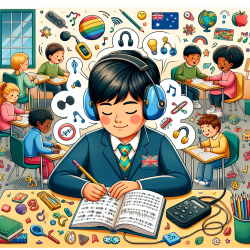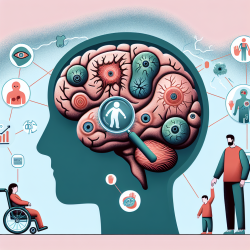The Power of Speech Therapy in Shaping School Culture
In the ever-evolving landscape of education, the importance of creating a positive and inclusive school culture cannot be overstated. As speech therapists, we hold a unique position in influencing this environment, particularly when it comes to fostering communication and social skills among children. By leveraging data-driven decisions, we can make a significant impact on school culture, leading to improved outcomes for students.
Why School Culture Matters
School culture encompasses the values, beliefs, and attitudes that shape the interactions within a school. A positive culture promotes inclusivity, collaboration, and respect, which are essential for student success. Research has consistently shown that a supportive school environment enhances academic performance, reduces behavioral issues, and improves overall student well-being.
The Role of Speech Therapy in Schools
Speech therapy is a vital component of educational support, especially for children with communication challenges. By addressing speech and language issues, we empower students to express themselves effectively, thereby boosting their confidence and participation in school activities. This, in turn, contributes to a more inclusive and positive school culture.
Data-Driven Decisions: The Key to Success
To maximize the impact of speech therapy in schools, it's crucial to rely on data-driven decisions. This involves collecting and analyzing data on students' progress, identifying patterns, and tailoring interventions to meet individual needs. By doing so, we ensure that our efforts are targeted and effective, leading to better outcomes for students.
- Assessment and Evaluation: Regular assessments provide valuable insights into students' communication abilities, allowing us to track progress and adjust therapy plans accordingly.
- Collaboration with Educators: Working closely with teachers and school staff enables us to integrate speech therapy goals into the broader educational framework, promoting consistency and reinforcement.
- Family Involvement: Engaging families in the therapy process ensures that students receive support both at school and at home, fostering a holistic approach to development.
Creating an Inspired School Culture
By focusing on speech therapy as a cornerstone of school culture, we can inspire a community of learners who are confident communicators and active participants. This not only benefits individual students but also enriches the entire school environment, paving the way for a more inclusive and supportive culture.
Conclusion
As speech therapists, we have the power to transform school cultures through our work with students. By utilizing data-driven decisions and fostering collaboration, we can create a positive impact that extends beyond the therapy room. Let's continue to inspire and empower the next generation of learners, one word at a time.










